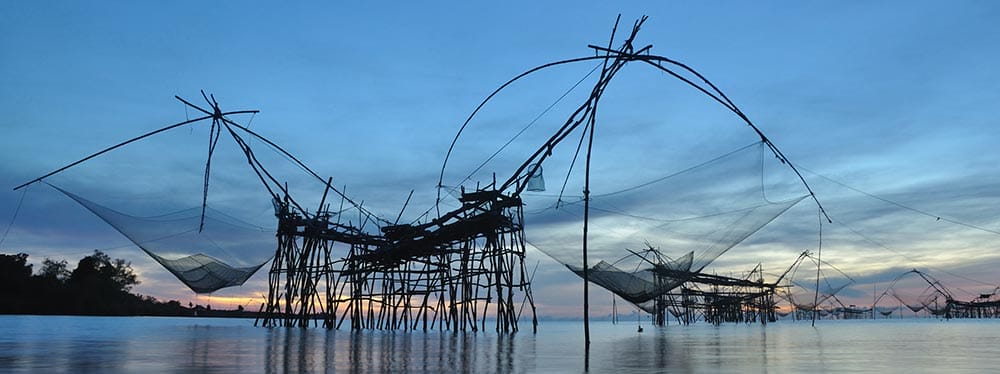When Strengths Become Weaknesses: Emerging Vulnerabilities in Coupled Natural Human Systems under Globalization and Climate Change

Coupled natural human systems (CNHs) are often distinguished by how they have evolved the right fit between their biophysical and social sub-systems when faced with known/anticipated disturbances. This project addresses what happens when CNHs are exposed to a new set of disturbances or novel changes likely to occur with increased globalization and climate change. To address this question, the project team will focus on small-scale irrigation systems where the manmade infrastructure plays a critical role in how people share water resources. Field experiments will be conducted with farmers and infrastructure providers, and then laboratory experiments with college students will examine whether the findings can be generalized to other systems.
This project is motivated by an important practical consideration. The pace at which social and natural systems are currently changing – driven primarily by globalization and climate change – has challenged the capacity of several CNHs to self-organize and respond effectively to this change; it has made them vulnerable. For instance, small scale farms (less than 2 hectares) – which constitute 90% of farms worldwide and consume an estimated 70% of developed water supplies – are the most vulnerable to such changes. Since these farms also produce 40% of agricultural output globally and support the majority of the world’s poorest people, it is imperative to enhance their capacity to adapt in order to maintain food security and alleviate poverty.
Building on the insights gained through theoretical modeling, case studies and field experiments from a variety of settings in the southwestern U.S., Colombia, India, Nepal and Thailand, the researchers will develop a set of tools that will help policy makers better anticipate change and thus design learning and adaptive mechanisms to cope more effectively with that change.
Organizational partners
Project members






Allain Barnett
PhD Student

Nathan Rollins
PhD Student

David Yu
PhD Student

Jacopo Baggio
Postdoc

Irene Perez Ibarra
Postdoc



